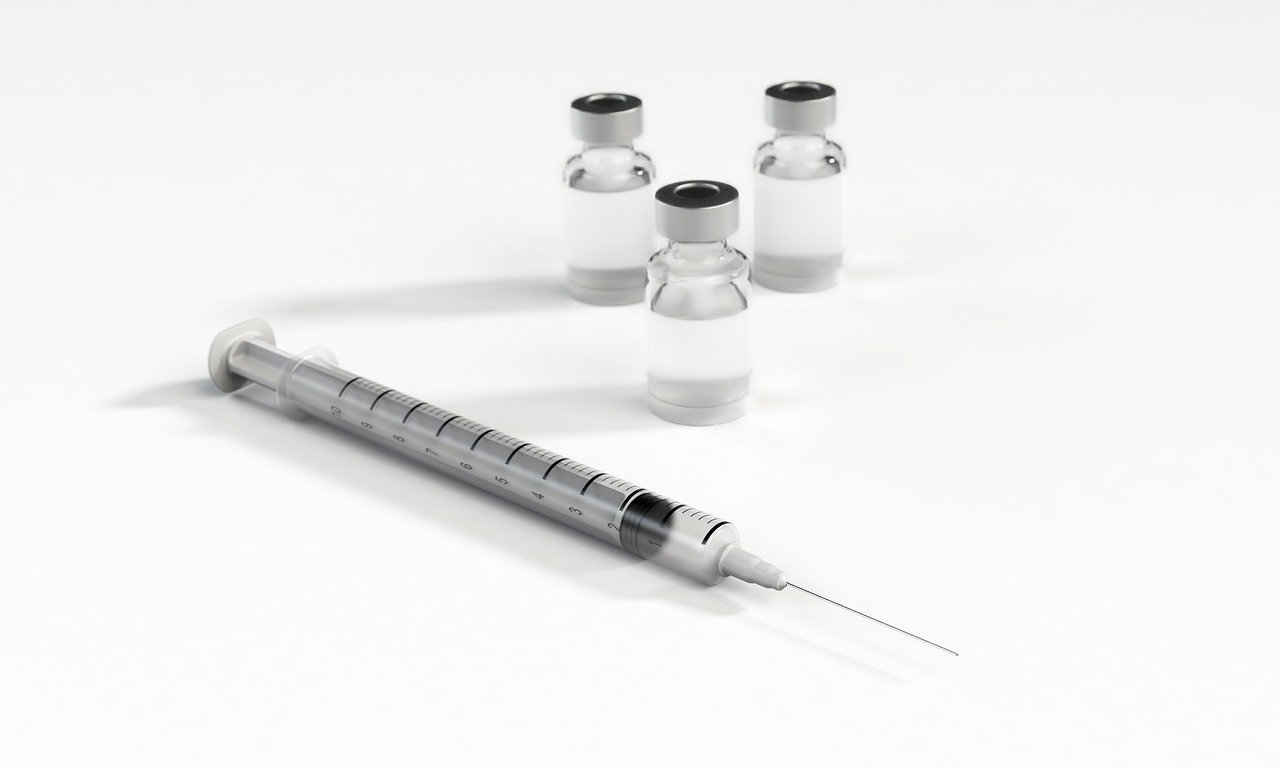August is National Immunization Awareness Month
TRENTON – In honor of National Immunization Awareness Month (NIAM), the Department of Health is reminding New Jerseyans that they have the power to protect themselves against serious, potentially deadly vaccine-preventable diseases by receiving routine immunizations. The Department encourages individuals to talk to their doctor, nurse, or other healthcare professional to ensure that their and families are up to date on recommended vaccines.
“It’s critical to ensure that routine vaccination is maintained during the COVID-19 pandemic in order to protect individuals and communities from vaccine-preventable diseases and outbreaks,” said Health Commissioner Judith M. Persichilli. “Routine vaccination prevents illnesses that lead to additional medical visits, hospitalizations and place further strain on the healthcare system.”
While many serious diseases are no longer common in the United States due to the success of vaccines, these diseases still exist and can spread when people are not vaccinated. The 2019 measles outbreaks serve as a reminder of how quickly diseases can spread when children and adults are not vaccinated.
Childhood vaccines protect against 16 serious diseases such as diphtheria, tetanus, pertussis (whooping cough), polio, measles, mumps, rubella, Haemophilus influenzae type b (Hib), hepatitis B, varicella (chickenpox) and pneumococcal disease, thereby reducing the spread of disease to others in classrooms, child care centers and communities.
Everyone six months of age and older is recommended to receive a yearly flu vaccine. Benefits of flu vaccination include reduced flu illnesses, fewer doctors’ visits, and fewer flu-related hospitalizations.
As children get older, they are more likely to get certain diseases like meningococcal disease and infections that can lead to human papillomavirus (HPV) associated cancers. Preteens can be protected by getting the recommended vaccines. Additionally, some childhood vaccines wear off over time, so booster shots are needed to help stay protected from serious diseases like tetanus, diphtheria and pertussis.
The need for vaccines does not end in childhood. New Jersey recognizes August as Adult Vaccine Preventable Disease Awareness and Improvement Month. Adults may need vaccines to protect against whooping cough, pneumonia and shingles. Vaccination is especially important for those who suffer from chronic health conditions such as diabetes, heart disease and asthma. Suffering from one of these chronic health conditions and getting sick with a vaccine-preventable disease can cause severe health consequences. Other adult vaccines may be recommended based on age, health condition, job or lifestyle.
Those who are planning to become pregnant should check with their doctor to make sure they have received all recommended vaccines. The Centers for Disease Control and Prevention (CDC) recommends all pregnant women receive flu vaccine at any time during pregnancy, and whooping cough vaccine (Tdap) early in their third trimester, during each pregnancy. Vaccinating women against these diseases is a safe and effective way to help protect both mother and child.
“I strongly encourage New Jerseyans to schedule an appointment with their healthcare provider to catch-up on vaccines they may have missed during the early stages of the pandemic,” said Commissioner Persichilli. “Many healthcare practices have implemented additional precautions and policies to ensure vaccines can be administered in an environment that maximizes patient safety. It is especially important that everyone 6 months of age and older receive a flu vaccine this year while COVID-19 may be circulating within our communities.”
Most health insurance plans cover recommended immunizations. Parents who need help paying for vaccines should ask their child’s doctor or nurse about the Vaccines for Children program. This program provides no-cost or low-cost vaccines to children who are Medicaid-eligible, uninsured, underinsured, or American Indian/Alaska Native. Adults who are uninsured or do not have insurance for certain vaccines should contact their local health department or federally qualified health center to see if they quality for free or low-cost vaccines through the 317-funded program. The New Jersey Department of Health has been allocated a large number of flu vaccine doses for these two programs for the upcoming flu season.
Vaccines are frequently available at doctor offices, as well as other convenient locations, such as pharmacies, workplaces, community health clinics, and health departments. The Vaccine Finder tool (https://vaccinefinder.org/) can assist in finding vaccination sites in a particular area.
Information about vaccines, recommended immunization schedules for all age groups and can be found at the CDC website at www.cdc.gov/vaccines/


